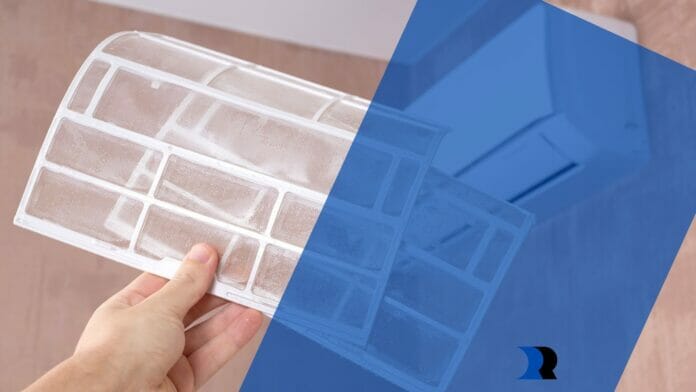You are aware of the significance of replacing your home’s air filter. You likely update your AC filter at least three times a year or at least once a year. Your filter impacts the air quality in your house, whether you’re preparing for summer air conditioning or wintertime heat.
Moreover, you can choose custom AC filters if you want something extra in addition to the benefits of traditional filters. Therefore, you need to understand the core factors behind custom AC filters so that you can make better decisions next time.
Choosing Custom AC Filters for Better Air Quality
Custom AC filters serve as the life force of any home. These can offer additional power and protection against foreign elements while offering amazing air quality. However, several factors must be considered before purchasing a set of custom air filters.
Instead of buying anything off the shelf and settling for what is offered, several businesses provide bespoke air filters as an alternative, allowing clients to purchase what they want. It is essential to remember that since these orders are being built just for you, they take longer than standard orders. Here are the topmost things to consider before buying custom AC filters.
The Right MERV Rating
The “Minimum Efficiency Reporting Value” (MERV) describes how much pollutants it can filter out of the air in your house. The more contaminants a filter can capture, the higher its MERV rating.The MERV rating describes a material’s capacity to catch dust particles measuring at least two microns. A high-quality filter can eliminate at least 99.97% of airborne contaminants with a diameter of 0.3 microns, including pollen, animal dander, and dust mite particles, and has a MERV rating of 13 or above.

A filter with a lower MERV, such as eight, can be enough for your requirements if you live hygienically and do not have respiratory problems. Paying more for a high-efficiency model that filters out tiny particles like pet hair and mold spores is worthwhile if you suffer from allergies or asthma. There may be too many contaminants in your indoor air if you notice that your sinuses are flaring up or if you have shortness of breath after spending time in your home. So, spend some extra and get the right MERV rating for your home.
The Right Material
Four materials are often the most popular choices for the construction of air filters: paper, cotton, metal, and mixtures of polyester and cellulose. Your surroundings should influence the material you choose for your custom filter. For instance, it could be advisable to use an aluminum or polyester mix filter if your area is very humid or if you have young children and dogs in your home.
A paper or cotton filter can be preferable if your surroundings have excessive dust. Paper filters are often less expensive than other solutions in terms of cost. However, cellulose usually costs more money. Additionally, cellulose often lasts longer than other choices in terms of durability because of its general strength and capacity to trap tiny particles.

The Key Takeaway
A custom air filter guarantees that your furnace and air conditioner will operate efficiently. However, it might not be easy to decide which features or kind is ideal for your house when it comes time to replace them. Custom air filters are available from certain vendors, but not all. The elements above should help you decide if you’re shopping for a custom filter.


